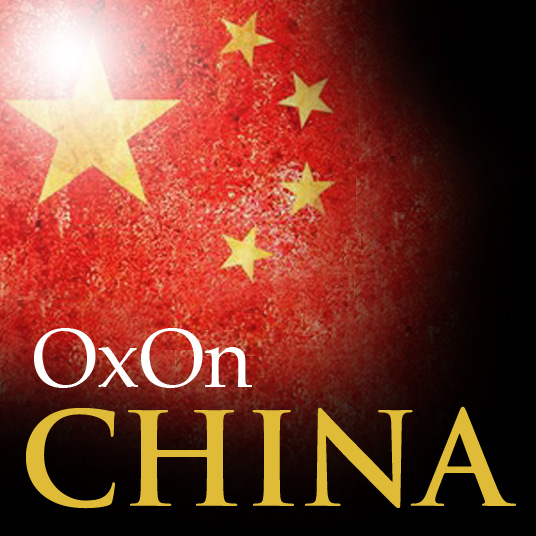
Economic relations between China and the EU show promise but more should be done
After ten years of the EU-China Comprehensive Strategic Partnership, has it made any difference? Alas, the partnership has mainly delivered more meetings. In 2006 the two sides opened negotiations for a Partnership and Cooperation Agreement which are still on-going. But there are reasons to be optimistic, even though a more robust economic partnership would require a major change of approach by both sides.
The political relationship between these two giant economies remains cool, while the economic one has been stress-tested by the post-2008 Eurozone crisis.

Mr Xi’s conflicting priorities: how should we read China’s reform roadmap?
Xi Jinping has taken over the helm of China’s state apparatus as well as the Party, but where the new leadership will take the country remains uncertain. Recent developments give us an indication. Recently, the Party presented a new plan to reduce inequality and has implemented an anti-corruption campaign. This has – amongst other things – hit luxury goods sellers and upmarket restaurants hard. Mr Xi has also made the ‘Chinese Dream’ into the leitmotif of his politics in order to ‘realize the great rejuvenation of the Chinese nation’. Other than this, identifying a direction has revolved around looking at the backgrounds, characters and objectives of the new leaders, in particular Mr Xi, and to a lesser extent, Li Keqiang, the Party secretary.
But focusing on the individual tells us little about their real ability to affect outcomes.

Oxon China
A collaborative project between Politics in Spires and the Oxford China Centre, this blog provides academic analysis on the economic, political and cultural transformations taking place in China.









